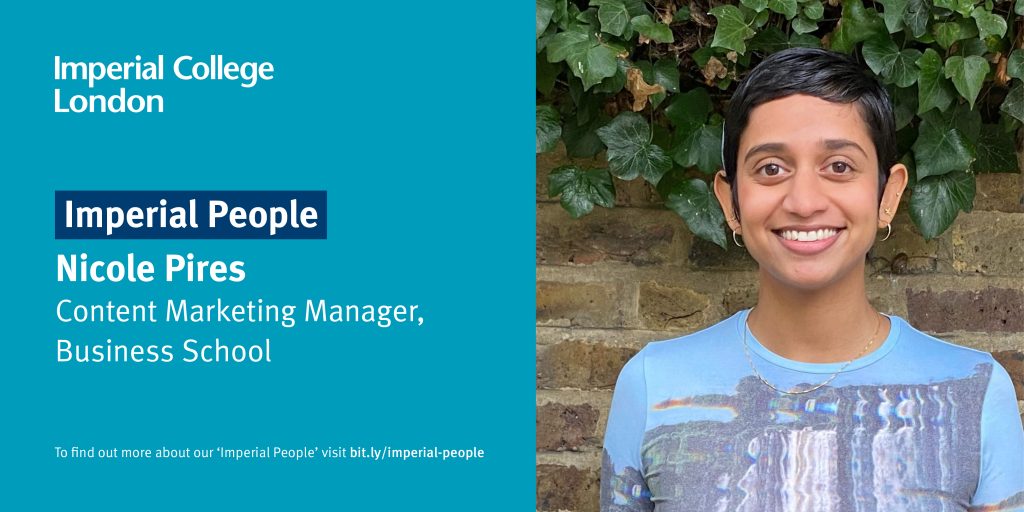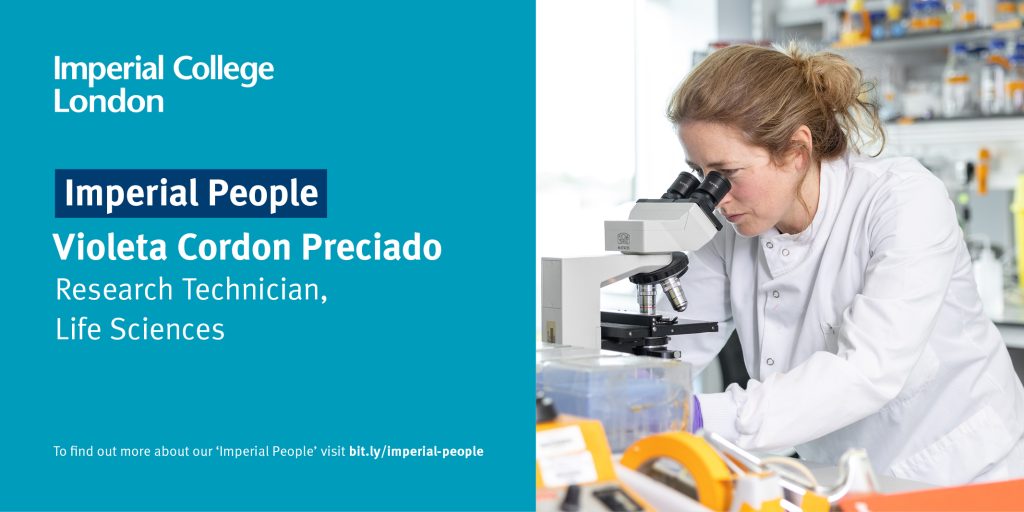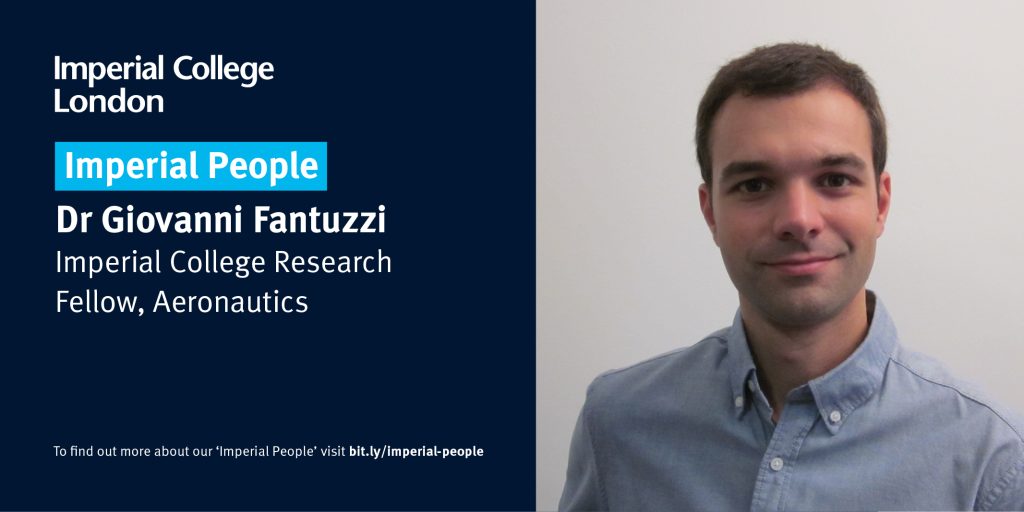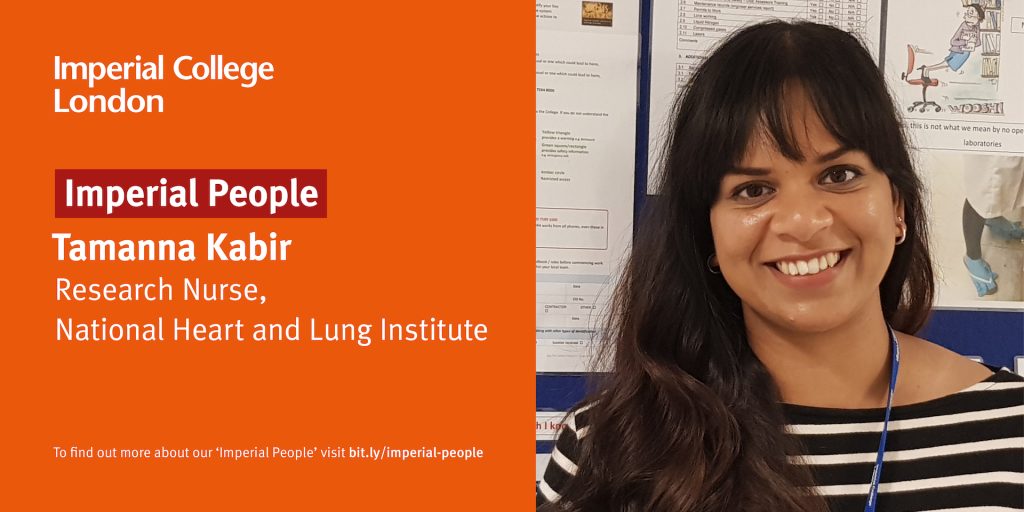“With such a varied and busy workload – it’s safe to say there’s never a quiet or dull day in my role!”
I studied journalism at university before working for a fashion brand in Australia where I discovered a love for digital content. After moving to the UK four years ago I started working at the Business School in the Programmes Marketing team.
I lead the Content Marketing team to create and produce inspirational and practical content for prospective MBA, Master’s PhD and Summer School students. We target all stages of the student recruitment journey, from deciding whether to apply, the application process and receiving an offer.
Our content comes in many formats, including blog posts, videos, photography and student profiles. We recently produced our first podcast series and our Student Content Creator scheme, which allows students to share their authentic Imperial experience, has helped increase our blog users by 20%.



